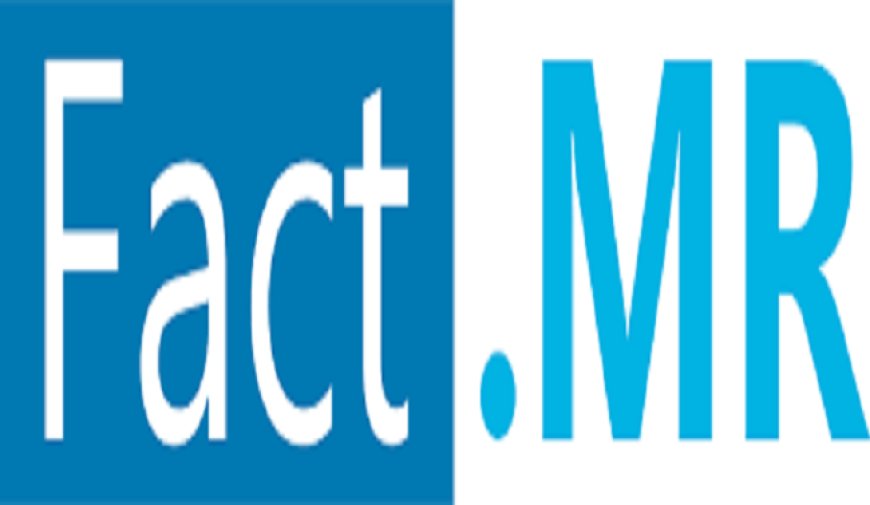Essential Role of Waste Management in Environmental Protection
The global waste management market is valued at approximately US$ 1,499.3 billion in 2022 and is anticipated to reach US$ 2,094.5 billion by 2032, growing at a compound annual growth rate (CAGR) of 3.4% over the coming decade.

The global waste management market is valued at approximately US$ 1,499.3 billion in 2022 and is anticipated to reach US$ 2,094.5 billion by 2032, growing at a compound annual growth rate (CAGR) of 3.4% over the coming decade. In 2021, municipal waste generation totaled 2 billion tonnes and is forecasted to increase by 70% to 3.4 billion tonnes by 2050. This substantial growth is expected to present a significant expansion opportunity for waste management firms, highlighting a potential twofold increase in demand for their services.
The waste management sector is a critical component of sustainable development, addressing the increasing challenges posed by growing urbanization and industrialization. This article provides a comprehensive overview of the waste management market, exploring its significance in mitigating environmental impact, ensuring public health, and fostering a circular economy. From waste collection to recycling and disposal, the market overview delves into the fundamental processes that define the waste management landscape.
Market Insights
Gaining insights into the waste management market is imperative for stakeholders seeking effective strategies to address the escalating global waste crisis. This section explores key insights into the market, including technological advancements, regulatory frameworks, and evolving waste composition. Understanding these insights is crucial for policymakers, businesses, and communities to implement sustainable waste management practices and contribute to a cleaner, healthier environment.
The waste management market operates within a dynamic environment influenced by various factors, including population growth, urbanization rates, and advancements in waste treatment technologies. This part of the article explores the key dynamics shaping the waste management market and analyzes how these factors impact the industry. From the challenges posed by improper waste disposal to the opportunities presented by innovative waste-to-energy solutions, understanding the dynamics is essential for developing effective waste management strategies.
Amid the challenges in waste management, there lie significant opportunities for innovation and improvement. This section identifies and explores the opportunities within the waste management market, including the potential for increased recycling rates, the development of advanced waste treatment technologies, and the creation of sustainable business models. Recognizing and capitalizing on these opportunities can lead to more efficient waste management practices and contribute to the overall environmental and economic well-being.
List of Key Companies Profiled in The Report
- Biffa Group
- Biomedical Waste Solutions
- Clean Harbors, Inc.,
- Covanta Holding Corporation
- Cleanaway Waste Management Limited
- GFL Environmental Inc.
- Daiseki
- Fcc Environment
- Hitachi Zosen Corporation
- Remondis Se & Co. Kg
- Others
Market Trends
Staying abreast of the latest trends in the waste management market is crucial for industry players and policymakers alike. This segment of the article highlights key trends, such as the adoption of smart waste management systems, the rise of the circular economy, and the increasing focus on sustainable waste reduction practices. Understanding and incorporating these trends into waste management strategies can position stakeholders at the forefront of positive change in the industry.
Value Chain
The waste management market operates within a complex value chain involving various stages, from waste generation to final disposal. This section breaks down the waste management value chain, elucidating the roles of collectors, recyclers, treatment facilities, and disposal sites. Understanding the intricacies of the value chain is essential for optimizing waste management processes and ensuring a seamless and sustainable flow of materials through the system.
Competitive Landscape
In October 2020, Waste Management, a major player in waste management, acquired Advanced Disposal Services, expanding its services to approximately 3 million new customers across 16 states in the eastern United States. This strategic move enhances the company's ability to provide sustainable waste management and recycling services.
In July 2021, Stericycle, another waste management company, partnered with UPS healthcare to handle the reverse logistics of medical waste. This collaboration broadens both companies' capabilities in the transportation, treatment, and disposal of various medical wastes, including bio-hazardous materials, pharmaceutical waste, and sharps.
In February 2021, Biffa Group, a leading waste management organization, acquired Shop Group, specializing in redistributing surplus food and household products. This collaboration aims to offer a unique circular economy proposition to the food manufacturing and FMCG industries, allowing some of the largest operators in the UK to extract sustainable value from the 141,000 tonnes of high-quality food and beverage surplus produced annually in the country.












